Why Does Cat Food Smell So Bad? The Complete Explanation
Are you a cat owner who has noticed that their pet’s food has a peculiar smell? You’re not alone. Cat food is renowned for its obvious and unpleasant odor, but do you know why it smells so bad?
We’ll be exploring the science behind the smell of cats’ food to give you a complete understanding of what causes its distinctive aroma.
In this blog post, we will understand all the reasons and effects of Why Cat Food Smells So Bad and discuss the relative questions. So let’s get started.
What Is Cat Food Made Of?
Common Ingredients In Cat Food
Cat food consists of ingredients tailored to a feline’s specific nutritional needs. These ingredients include meats or meat by-products, poultry or poultry, seafood, grains, and vegetables.
Some cat foods also contain added vitamins and minerals to supplement a cat’s diet. The meats and animal by-products included in the food are rich in proteins and fats, which are vital for a cat’s health.
However, these protein-rich foods tend to have a stronger odor when compared to plant-based foods. This is one of the key reasons why cat food has such a distinctive smell.
The Role Of Protein In Cat Food
Proteins play a fundamental role in the health and well-being of cats. Being obligate carnivores, cats require a diet high in animal-based proteins. Proteins are the building blocks for body tissues such as muscles and organs and are crucial for growth, maintenance synthesis, and repair.
Amino acids, the components of proteins, are required to synthesize hormones and enzymes, which dictate various bodily functions. One such essential amino acid is taurine, found primarily in meat proteins.
Taurine deficiency in cats can lead to various health issues like blindness, heart disease, and developmental abnormalities. Hence, the high protein content, specifically animal-based proteins, is non-negotiable in cat food.
However, the flip side to this protein-rich diet is the smell. The decomposition of proteins releases various gases, including sulfur, responsible for the unpleasant odor associated with cat food.
Despite the odor, it’s important to remember that these proteins are essential for your cat’s health.
Why Does Cat Food Smell So Bad?
The Role Of Protein And Fats
As we’ve discussed, proteins are central to the aroma of cat food, but it’s also important to remember the contribution of fats. Fats are often used in cat foods to enhance flavor and make the food more palatable for the pet.
As with proteins, though, the decay of fats can produce an unpleasant smell. This is often the result of oxidation, where the fats react with oxygen in the air to produce compounds with a rancid odor. This process can be accelerated if the food is stored improperly or for too long.
While the smell may be off-putting to owners, cats are not generally bothered by these smells and might even find them appealing. These animal-based fats contribute to the scent and provide essential fatty acids that help maintain cat skin and coat health.
The Process Of Manufacturing Cat Food
Manufacturing cat food is a complex process involving several stages, each contributing to the final product’s smell. The raw ingredients are ground into small pieces and then heated. This cooking process not only makes the food safe to eat by killing bacteria but also releases the natural odors of the ingredients, particularly the proteins and fats.
Next, the cooked ingredients are dried into a concentrated protein powder. This powder is mixed with other ingredients like vitamins, minerals, and, sometimes, artificial flavors. The mix is then shaped into the familiar form of cat food kibble.
Lastly, fats and oils may be sprayed onto the kibble to increase its palatability for cats. These fats and oils, as mentioned earlier, also contribute to cat food’s distinctive smell. Therefore, while manufacturing aims to create a nutritious and appealing cat meal, it inevitably enhances the scent.
Remember, the smell that humans find off-putting might entice cats. So, don’t be put off by the smell of cat food – it’s just a sign that it’s filled with the nutrients your cat needs!
The Use Of Additives And Preservatives
Additives and preservatives also play a role in the smell profile of cat food. These substances are added to improve the food’s shelf life, taste, texture, and appearance.
Common additives include flavor enhancers and colorings, while preservatives prevent spoilage and maintain the food’s nutritional value. While these additives and preservatives are generally safe for cats, they can contribute to the food’s overall smell. Some additives, particularly those that enhance flavor, can intensify the food’s odor.
However, it’s crucial to note that these ingredients are regulated and must meet safety standards. Therefore, despite the odor, these additives and preservatives ensure that your cat’s food remains safe, nutritionally adequate, and appealing for a long time.
How Cats Perceive The Smell Of Their Food
The Importance Of Smell For Cats
Cats, being predators, have a highly developed sense of smell. This sense is crucial in their lives, including hunting, identifying territory, and securing food safety.
Interestingly, a cat’s sense of smell is approximately 14 times stronger than a human’s. Consequently, the strong odors emanating from their food, which we may find distasteful, can stimulate their appetite and encourage them to eat.
Furthermore, cats often rely on their sense of smell to determine the palatability of their food. They won’t eat it if it doesn’t smell right, no matter how nutritionally balanced it is. As such, while the smell of cat food may be off-putting to us as humans, it is perfectly suited to our feline companions.
Cats’ Preference For Strong-Smelling Food
Cats naturally gravitate towards food with a strong aroma due to their highly developed sense of smell. Cats are believed to associate strong-smelling food with freshness and nutritional richness, an instinctual preference adapted from their ancestors.
The wild cats descended from domestic cats, relied primarily on their keen sense of smell to locate and identify their prey, reinforcing a preference for potent, meaty aromas.
Therefore, while humans may find the smell of cat food distasteful, it is exactly what our feline friends are wired to prefer.
The strong smell, indicative of a high protein content, signals to the cat that the food is nutritionally adequate and safe to consume.
The Effect Of Cat Food Smell On Humans
Why Humans Find Cat Food Smell Unpleasant
Humans are omnivores, unlike cats, who are obligate carnivores. Our dietary preferences and evolutionary background have shaped our sense of smell differently. We are attuned to finding a variety of fragrances appealing, including the aromas of fruits, vegetables, grains, and a wide array of cooked foods.
The almost singularly meat-based, high-protein, and strong odor of cat food is often off-putting. Additionally, our sense of smell is less sensitive than that of cats, and we may find the concentrated aromas of cat food to be overly powerful and unpleasant.
Moreover, cultural and personal factors also influence our perception of smell. Foods that are unfamiliar or do not align with our cultural or personal dietary practices might be perceived as having an unpleasant odor.
So, while cat food is designed to be appealing and nutritious to cats, it’s not surprising that we, as humans, find it less than pleasant to our noses.
Health Implications For Humans
Despite the off-putting smell, handling and being around cat food does not pose any significant health implications for humans. However, it’s crucial to practice basic hygienic measures.
Always wash your hands thoroughly after feeding your cat or handling cat food, as it could carry bacteria like salmonella or E. coli. Also, store cat food properly to prevent spoilage and the proliferation of bacteria.
Nevertheless, the smell of cat food, while strong and unpleasant to some, is not harmful to human health. It’s merely a consequence of the product being tailored to meet cats’ dietary needs and preferences, not humans.
How To Mitigate The Smell Of Cat Food
Proper Storage Of Cat Food
Proper storage of cat food can significantly reduce the smell. Keep dry food in an airtight container and store it in a cool, dry place. For wet food, make sure to refrigerate any unused portions immediately. This will limit the smell and ensure the freshness and quality of the food, providing the best possible meal for your feline friend.
Cleaning Tips For Cat Food Bowls And Containers
During feeding time, odors can intensify, but there are ways to minimize this. Feeding your cat in a well-ventilated area of your home is recommended, which aids in dissipating odors.
If wet food smells particularly strong, consider warming the food slightly. This can enhance your cat’s aroma and help evaporate some of the smell before your cat begins eating.
Always remove any uneaten food promptly and clean the feeding area after each meal to prevent lingering smells.
Choosing Less Odorous Cat Food Options
While most cat foods have a potent smell that cats find delicious, there are options in the market that have a less intense aroma yet provide adequate nutrition.
Some high-quality cat food brands offer formulations with milder smells, which are still nutritionally balanced and safe for your cat.
When purchasing cat food, read labels carefully to ensure you make the best choice for your cat’s health and comfort.
The Problems With Smelly Cat Food
While strong-smelling cat food caters to the feline’s acute sense of smell and biological preferences, it can occasionally cause issues. Some pet owners may find the intense aroma unpleasant or overwhelming, particularly when the food is stored or served indoors.
Moreover, the strong odor can permeate areas of the home, leaving an undesirable scent that may be challenging to eliminate. In some extreme cases, individuals with heightened sensitivity to smell may experience headaches or discomfort.
Managing these problems effectively is essential to ensure a comfortable environment for the cats and their humans.
How Can I Make My Cat’s Food Smell Less?
As a pet owner, there are several ways you can reduce the smell of your cat’s food:
Choose High-Quality Food: High-quality cat food tends to have less filler and by-products, which can contribute to the unpleasant smell. Instead, these foods focus on quality ingredients that have a milder scent.
Timely Storage: If you feed your cat wet food, promptly cover and refrigerate leftover food. Leaving it out for prolonged periods can intensify the smell.
Clean Feeding Areas Regularly: Regularly cleaning the feeding area, including the food and water bowls, can significantly reduce lingering smells.
Use a Food Cover: Using a cover for your cat’s food can help trap the smell. This is especially useful if your cat prefers to graze throughout the day, as the food can remain out for longer periods.
Ventilation: Feeding your cat in a well-ventilated area or near an open window can help disperse the smell.
Remember, while these methods can help reduce the smell of your cat’s food, it’s crucial not to compromise on the quality and nutritional value of the food you provide. Your cat’s health should always be the priority.
Conclusion
In conclusion, cat food’s distinct and often unpleasant smell is primarily due to its being formulated according to a cat’s dietary needs and preferences. The high protein, meat-based content, and concentration of aromas cater to a cat’s highly sensitive sense of smell.
While the smell may be off-putting to humans, we must remember that it is just a sign that the product is well-suited for its intended audience – our feline friends. Despite the smell, several strategies exist to manage and reduce the odor while maintaining the quality and nutritional value of the cat food.
So, while we might wonder, “Why does cat food smell so bad,” it’s simply a product of effectively meeting our pets’ needs.
FAQs
Can The Smell Of Cat Food Make Humans Sick?
No, the smell of cat food alone cannot make humans sick. However, improper handling can lead to bacterial contamination that may cause illness.
How Do I Stop My Cat’s Food From Smelling?
To stop your cat’s food from smelling, store it properly, clean feeding areas regularly, and consider using a food cover. Feed your cat in a well-ventilated area and choose high-quality food with less odor.
Does All Cat Food Smell Bad?
Only some cat food smells good. The smell of cat food varies widely depending on its ingredients and quality.
Why Does Pet Food Smell Bad?
Pet food smells bad to humans due to its high protein content and the use of ingredients that cater to animals’ senses, not ours.
What Is The Best Cat Food That Doesn’t Smell Bad?
The best cat food that doesn’t smell bad is typically high-quality dry food with a lower moisture content, contributing to less odor. However, it’s important to remember that preference can vary greatly from cat to cat. Always prioritize nutritional value over smell when choosing cat food.

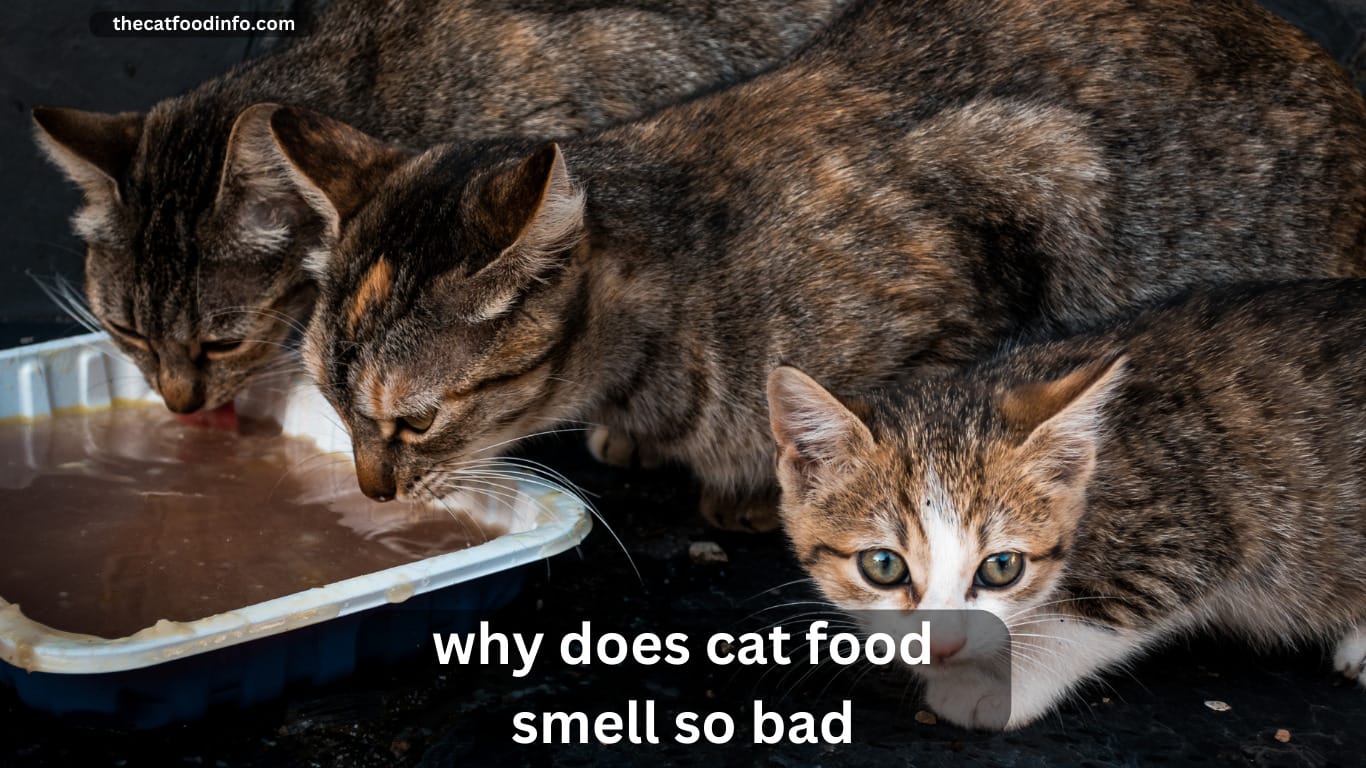
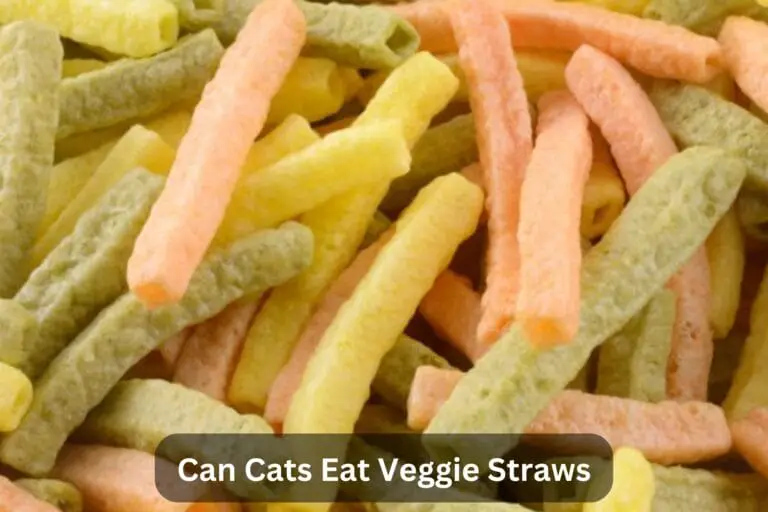

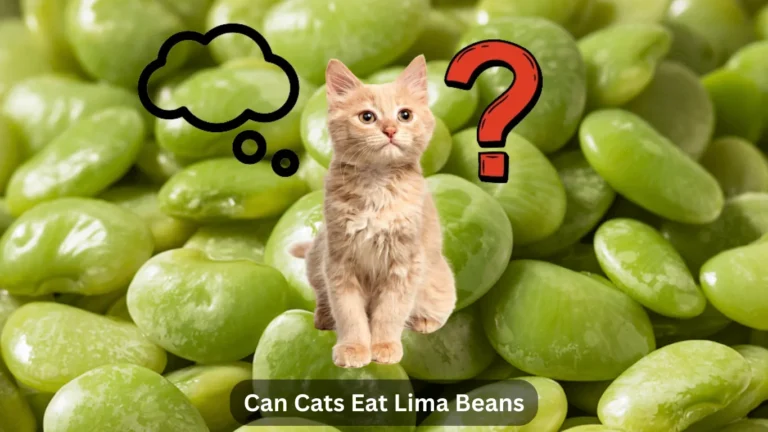
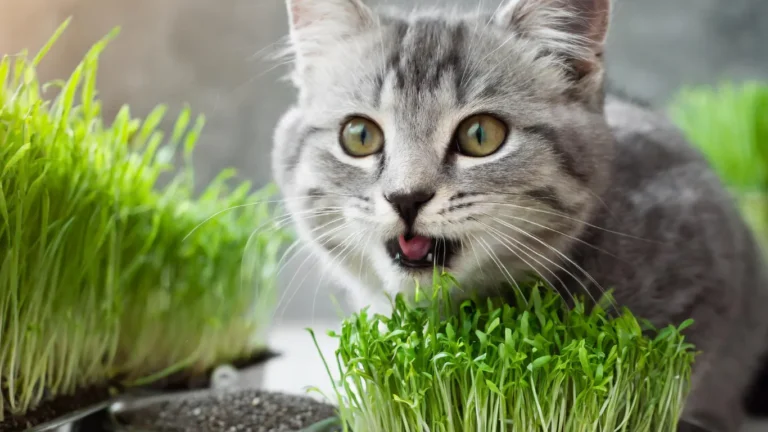
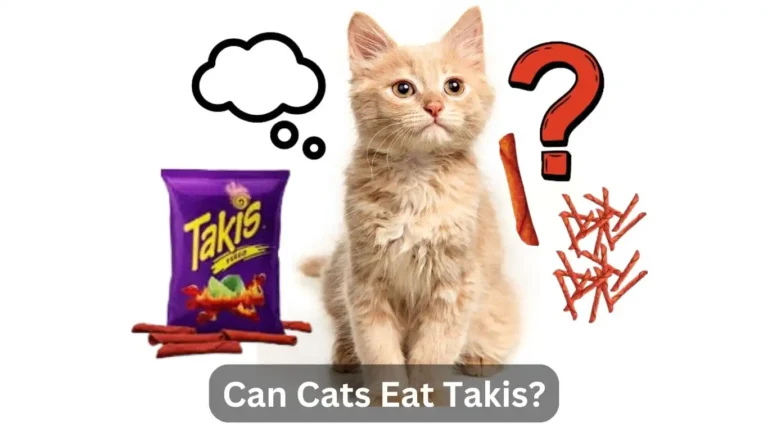
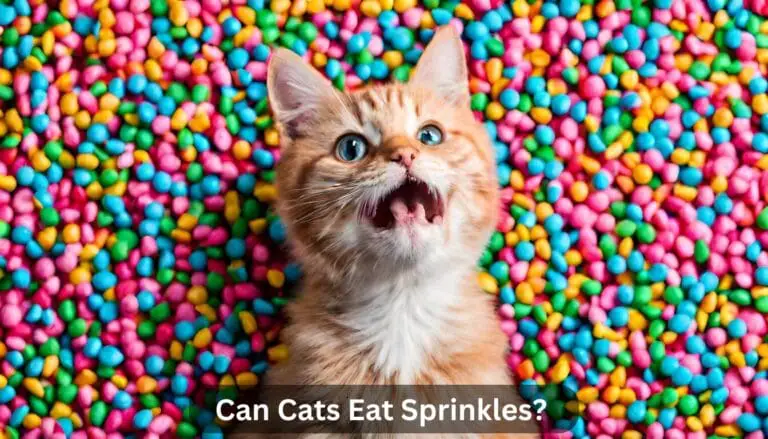
One Comment